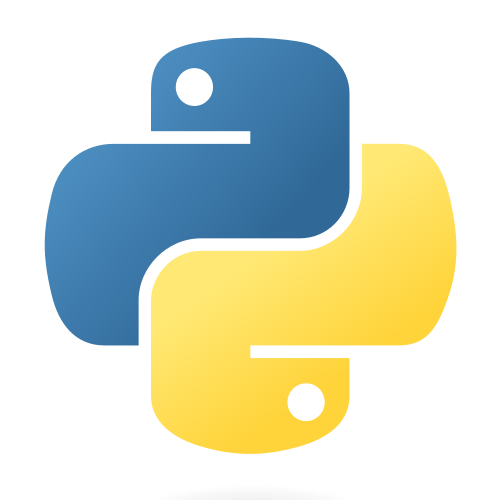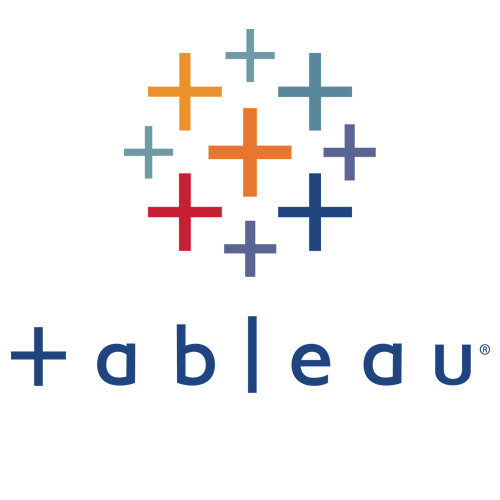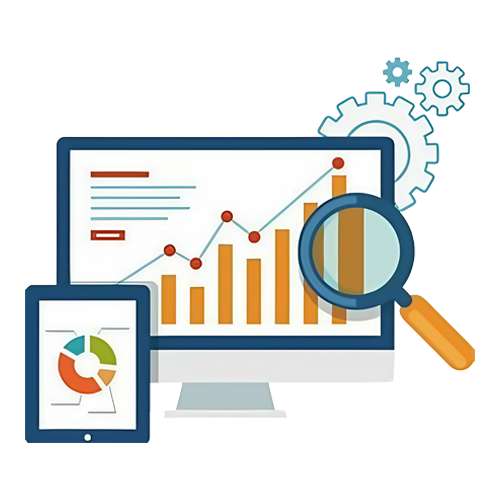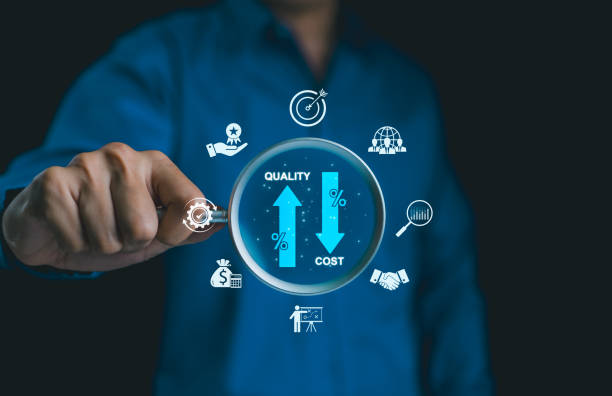Data analytics is the process of examining raw data to uncover insights, trends, and patterns that can aid in decision-making and problem-solving. It involves applying statistical and mathematical techniques to large datasets to extract meaningful information and actionable conclusions.
Data analytics encompasses various methodologies, including descriptive, diagnostic, predictive, and prescriptive analytics,
Ever-Rest Ultimate Solution has great expertise in the field of data analytics and has done several data analytics work for several organisations assisting them in effective decision making. Proven to be competent in using the following tools






Determine the specific goals and objectives of the data analysis project. What questions are you trying to answer? What problems are you trying to solve?

Gather relevant data from various sources, such as databases, spreadsheets, APIs, or external datasets. Ensure data quality and integrity by cleaning and preprocessing the data as needed.

Explore the dataset to gain a better understanding of its characteristics, including its size, structure, and patterns. Use descriptive statistics, data visualization techniques, and exploratory data analysis to identify trends, outliers, and relationships within the data.

Prepare the data for analysis by transforming and formatting it into a suitable format. This may involve tasks such as feature engineering, data normalization, encoding categorical variables, and handling missing values.

Apply various analytical techniques and algorithms to extract insights and patterns from the data. This could include statistical analysis, machine learning algorithms, or other advanced analytical methods, depending on the objectives of the analysis.


Interpret the results of the analysis in the context of the original objectives. Identify key findings, trends, correlations, and actionable insights that can inform decision-making or address the problem at hand.

Communicate the results of the analysis effectively through data visualizations, reports, and presentations. Use charts, graphs, dashboards, and other visualization tools to present findings in a clear and understandable manner to stakeholders.

Validate the results of the analysis to ensure accuracy and reliability. Iterate on the analysis as needed, refining methodologies, adjusting parameters, or incorporating feedback to improve the quality of the insights generated.

Product analytics involves collecting and analyzing user data to understand interactions and behaviors. It helps identify areas for improvement and optimize the product. Data-driven insights enhance user experience and overall effectiveness.

Hypothesis testing evaluates population parameters using sample data. It tests assumptions by analyzing the likelihood of observed results under the null hypothesis. Statistical techniques determine if the hypothesis is accepted or rejected.